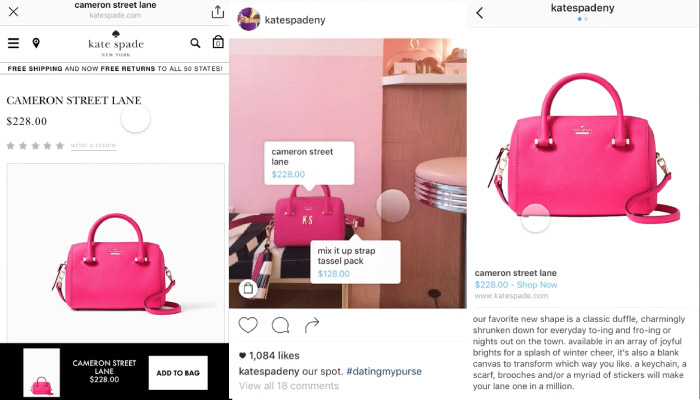Creativity is a gift, so if we don't have it, then why waste time?
Well, guess what, we can all be creative. Yes, we can!
The real issue is not about how to be creative but if we are even
willing to mindfully love what we do to the point of doing everything
that we can to achieve the result we desire.
Creativity may be a gift, but it's nurtured through action. If one
stops 'doing,' he can never expect to see something good come out of
the effort and time he invested. Great artists in all walks of art
became who they are after tireless years of doing, experimenting and
learning. Their legacy was never instant. It's the product of
consistent, well-trained process.
We may not be pursuing the same goal as Picasso or Shakespeare, but
we can learn a thing or two, even five habits that all of the best on
their league use to achieve the pinnacle of art expression. Let's
take a quick look.
Protecting that 'Productive Time' at all cost
That 'productive time' is not a myth. We all have it. The only
difference between those who use it wisely and those who can't find
it is mindfulness. You know yourself better, so you should be able to
point out what time of the day you work best.
It doesn't matter how long that productive period is. The most
crucial thing is how you protect it away from distractions and make
sure you do your craft within that time. Artists have come to learn
about their most productive time through constant practice. So
instead of randomly opening your doors to notorious distractions like
social media and emails, might as well set up a strong defense during
your productive time.
Embracing the reality of imperfection and 'bad art.'
Ah yes, because nothing is perfect. We've heard this so many times
that it's already cliché. Still, it's something worth saying. Many
young professionals obsess themselves in creating the best output to
the point that they miss their deadlines or end up producing a
mediocre output.
There is good art. But there are more bad ones. And you learn best
after seeing the bad output and getting up again to try something
new. Rather than agonize over a below average result, learn from it
and strive to do better next time. Our great artist forefathers did
the same.
Asking a lot of questions
Curiosity spurs learning. And how else can you put curiosity to
practice than by asking questions?
You learn by asking, and artists are never afraid to ask. They seek
the enhancement of their craft, thus, consulting different people who
can give them answers to their questions. In practice, you don't
always have to talk to other people to learn.
Now that we have the internet, you can easily search for answers to
questions online. By getting into the habit of learning something new
every day, you become a little bit better daily. Eventually, you'll
be able to use this knowledge to improve your craft.
Finding an audience for their craft
Great artists do their thing for themselves. It's a way to express
oneself uniquely. However, there is also that tiny voice inside them
that seeks to be heard by the public. It's why they find a specific
audience for what they do. Painters look for people who are
interested in the art. Writers share stories, essays, researches and
more online, and the list could go on.
As you work on improving yourself, it will be nice to find your niche
as well. Who are those people you want to touch with your work?
Digital marketing services in the Philippines is an art. It's art no
matter where you look at it. But many people tend to separate art
from marketing thinking that they are both in a different league and
can't be united as one. WRONG.
Skilled digital marketers incorporate art in what they do. From the
articles they post on the web to the images they share on social
media, you can see traces of great marketing around.
It's never too late to work on improving your marketing skills.
Invest on the above mentioned habits!






